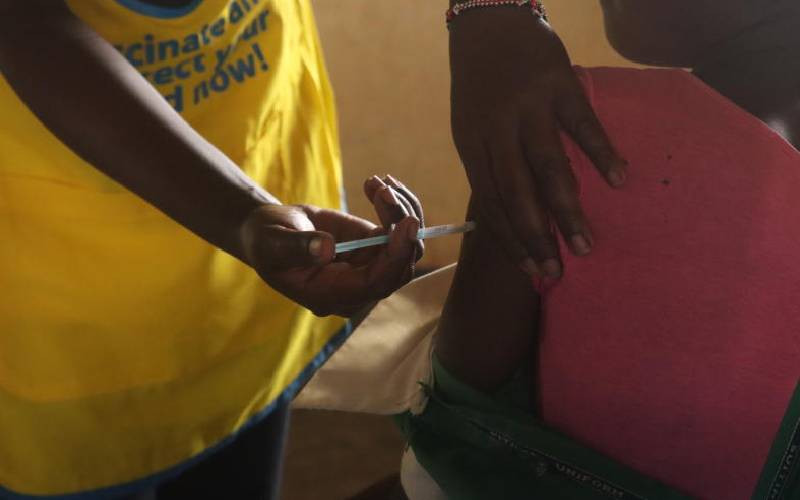×
The Standard e-Paper
Stay Informed, Even Offline

Medical experts are urging parents to ensure their children are immunised against measles, mumps, and rubella (MMR) following the confirmation of two cases in Eastleigh last month.
In the recent cases, the affected children developed complications and were diagnosed with MMR infections after undergoing medical tests.